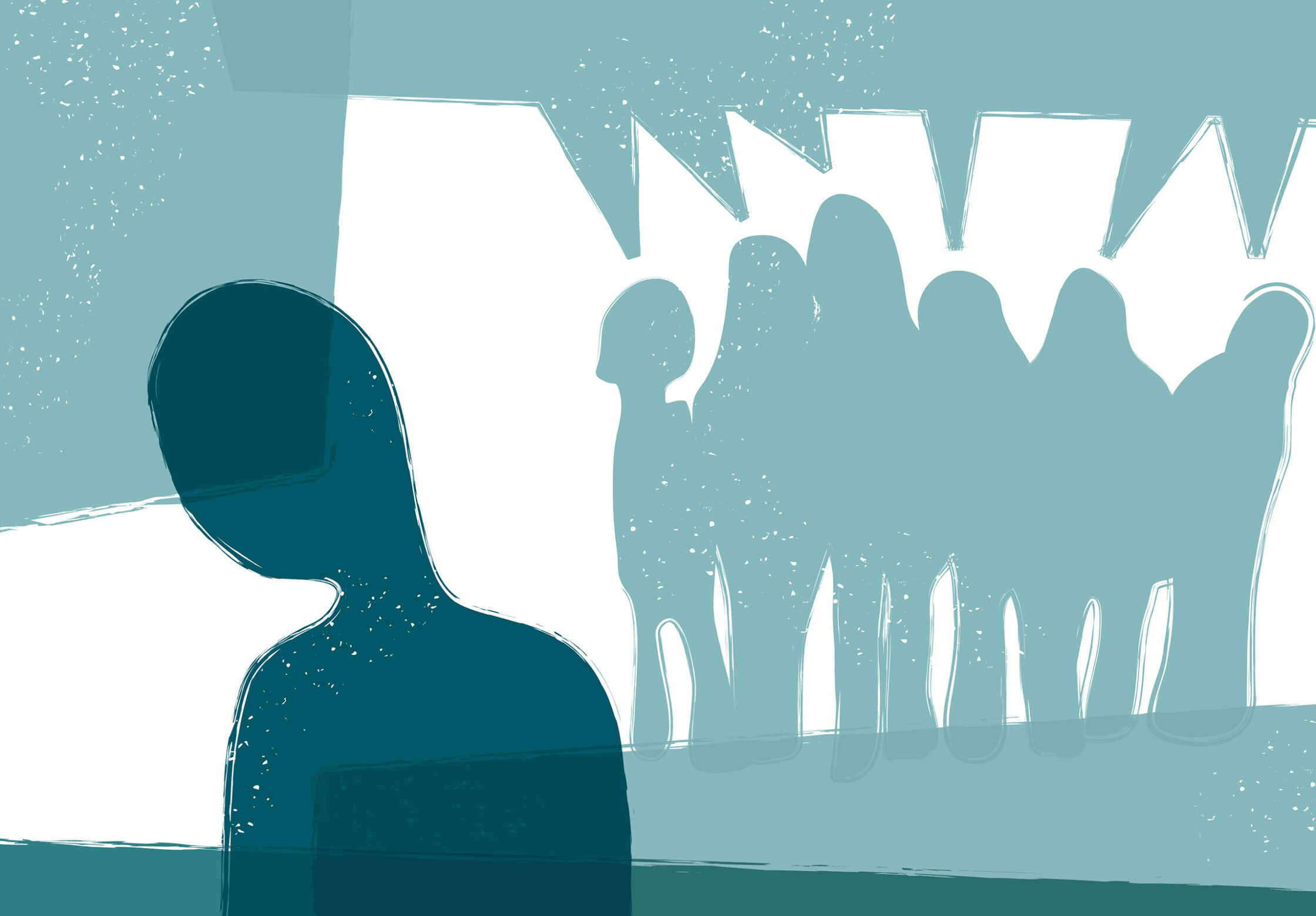Bullying is a serious issue that plagues hundreds of thousands of individuals every single day.
We most often associated bullying as happening to young children at school—and this is very accurate. However, bullying can happen to any person, of any age, at any time.
We also tend to have the assumption that once the initial bullying ends, any pain or suffering ends right then and there as well. This, unfortunately, is often not the case. Bullying can lead to serious trauma symptoms and disorders for its victims.
Those who have experienced long-term bullying often end up with self-esteem issues, trouble coping with the past, or even post-traumatic stress disorder (PTSD).
Let’s look at some details.
Self-Esteem Issues
Bullies exist to make others feel bad about themselves. They tend to insult intelligence, personality, looks—anything that makes someone question their self-worth.
Sure, it’s easy to tell a victim to not listen to the bully because they’re obviously in the wrong. But when you’re being harassed every single day, it’s not easy to stand up to it. Plus, when a bully spends so much time demeaning a certain aspect of your being, you may begin to question it yourself.
Thus, even once the bullying is over, you may still have incredibly low self-esteem. It could take years to gain back confidence.
Trouble Coping with the Past
We tend to use past experiences to guide us in the future. For example, if we made a mistake in the past, we’re less likely to make the same mistake again. However, sometimes our past experiences can be so disturbing that we have difficulty function in the present or future.
Being bullied is an experience that can leave you traumatized and unable to cope with your past. Maybe you’ve completely repressed your past experiences. Or perhaps you’re still so traumatized that you carry the burden around with you daily.
Either way, you likely have trouble making sense of, or coping, with the past. In this case, bullying isn’t simply something that happened in the past; it’s something that still very much hurts and affects your life in the present.
Post-Traumatic Stress Disorder
When bullying is severe or long-term, it can lead to post-traumatic stress disorder. PTSD occurs when you have difficulty recovering from a traumatic incident.
Symptoms of PTSD include:
- Extreme anxiety, agitation, or hostility
- Hypervigilance
- Depression, loss of interest in activities
- Insomnia
- Self-destructive behavior
- Avoidance of triggering situations
Because bullying often happens when you’re young, it can truly leave you scarred and traumatized. If it leads to PTSD, you may experience panic when asked to recount your ordeal. And you might have difficulty trusting people in the future and go through life with severe anxiety.
Because PTSD can cause panic attacks, anxiety, and depression, it can also lead you to become isolated from the world. That’s because PTSD makes it extremely difficult to be able to function without fear or distrust of those around you.
Finding Help for Bullying
If you’re the victim of bullying, it’s important to know that you aren’t alone. The experience can be incredibly isolating, especially if you develop PTSD, but there is help available.
First and foremost, it’s important that you seek out the help of a trained professional to get you through your trauma. Even if it’s years after the bullying has ended, if you’re still experiencing pain or trauma from your ordeal, then it’s crucial to get professional help. Of course, it’s not easy to rehash your painful memories, but it’s so important to be able to move forward.
Contact Integrative Psychotherapy Group and learn how you can move past your trauma. Your life doesn’t have to continue to be plagued by your memories of being bullied.


